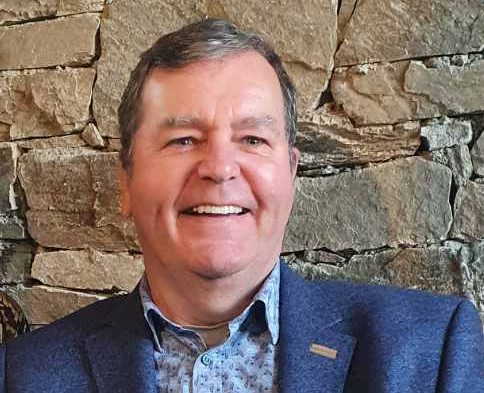Sofema Aviation Services a leading EASA Regulatory training organization based in Sofia Bulgaria offer a suite of regulatory training courses, to cover the entire scope of EASA Part Ops .
The overall goal of EASA was to simply the regulatory environment and to avoid Duplications. To support this separation EASA has developed a structure which proposes to separate technical requirements from the requirements applicable to the organisation requirements and management system of organisations.
The goal was to reduces the administrative burden on organisations, when the organization is performing multiple regulatory roles.
The current environment for example OPS & FCL (Operations and Flight Crew Licensing ) creates different requirements for organisations in each field of activity.
The organization is then obliged to deliver multiple management and oversight systems in support of each activity, typically to specific management structures for each of the individual regulatory activities.
A direct consequence was the need for additional resources.
The perception was that this situation creates difficulties both from an economic point of view, but also in placing a burden on the resources required for oversight activities from the point of view of both the regulator and the organization. With multiple oversight processes being required for multiple activities time organisations and national aviation authorities have to invest on oversight activities, multiple activities meant multiple management systems, and multiple audit/oversight processes.
So a primary objective is to separate organisation requirements from operational requirements, furthermore to to streamline the activity of competent authorities, avoiding, as much as possible, the duplication of processes.
EEAS has adopted a term called The “Total System Approach” which is is based on the fact that the aviation system components – products, operators, crews, aerodromes, Air Traffic Management, Air Navigation Systems, on the ground or in the air are part of a single network. Uniformity is achieved through common implementing rules adopted by the Commission.
The EASA “total system approach” is intended to support the elimination of the risk of safety gaps or overlaps, and also seeks to avoid conflicting requirements and confused responsibilities.
In the future regulations are interpreted and applied in a standardised manner and best practices are provided. At the same time, uniformity means to protect citizens and to provide the level playing field for the functioning of the internal market. Furthermore, it will allow for the realization of increased interoperability of products and services.
The “total system approach” is intended to also streamline the certification processes and reduces the burden on regulated persons and organisations.
If you would like to understand more regarding the availability of EASA Part OPS training courses please email office@sassofia.com or visit the website www.sassofia.com




